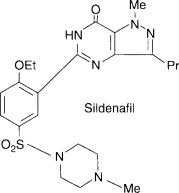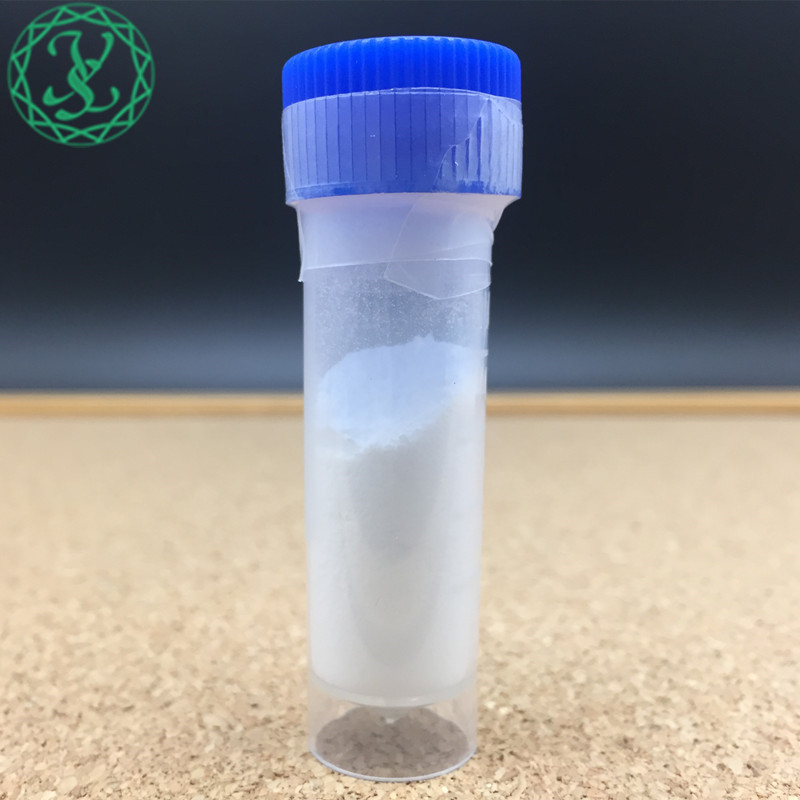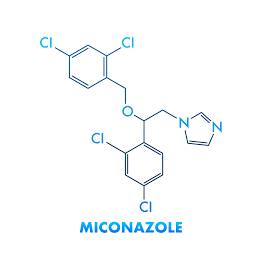UK study in general blood culture of 246 patients with suspected sepsis. In 74% of cases where Cognitor Minus gave a negative result there was a positive antimicrobial stewardship outcome:
- Either cessation of antibiotics
- Switching from intravenous to oral forms
- Discharge or leaving patients at home
- In some cases antibiotics were not started
This is the first report of ETGA, a novel molecular diagnostic technique, being used in a routine clinical environment to demonstrate the absence of bacteraemia or fungaemia at an early stage in the patients' clinical care. The result was used alongside other laboratory parameters to support a clinical review of antimicrobial use. This study concluded that ETGA is a useful tool in supporting antimicrobial stewardship decisions and may have cost advantages in reducing unnecessary empirical antibiotics and antifungal agents and in discharging patients from hospital earlier.
"The laboratory diagnostic data we have tends to lag behind the clinical decisions we have to make on the wards. What we need more than anything is reliable, rapid diagnostics to help us make those difficult clinical decisions. We used Cognitor Minus at the frontline of antibiotic decisions. It was one of the parameters that allowed us to decide whether to continue or change antimicrobial therapy," says Dr. Matthew Dryden, Consultant Microbiologist and Infection Specialist, Hampshire Hospitals Foundation Trust.
The novel advantage of ETGA is to provide universal detection of viable organisms, providing a result for all organisms and hence more accurate and reliable results. This will enable clinicians to adjust antimicrobial therapy with confidence before the next dose is due and this in turn will have an impact on antimicrobial resistance.





 ALL
ALL Pharma in China
Pharma in China Pharma Experts
Pharma Experts Market News
Market News Products Guide
Products Guide Brand Story
Brand Story




















 Pharma Sources Insight January 2025
Pharma Sources Insight January 2025








